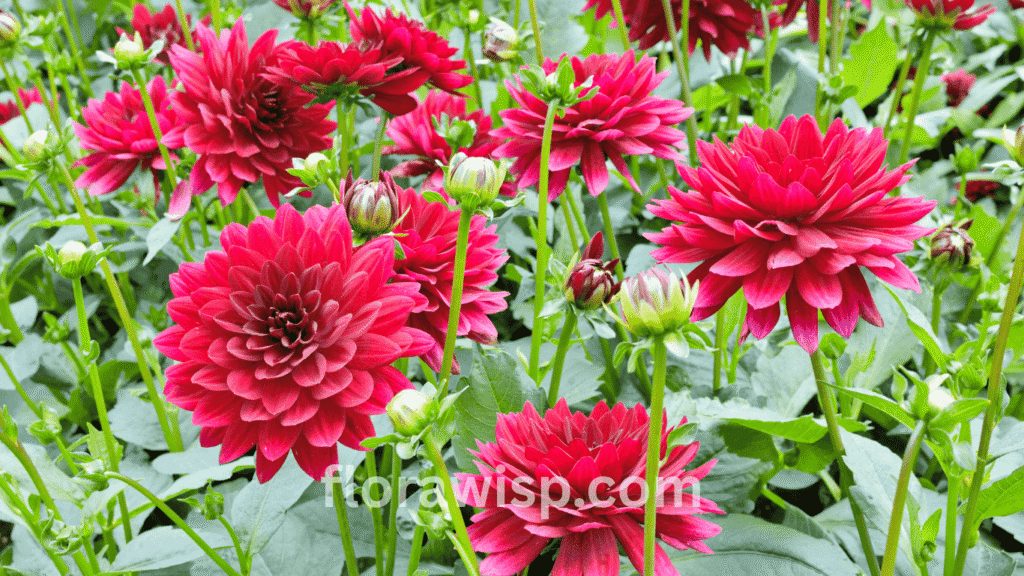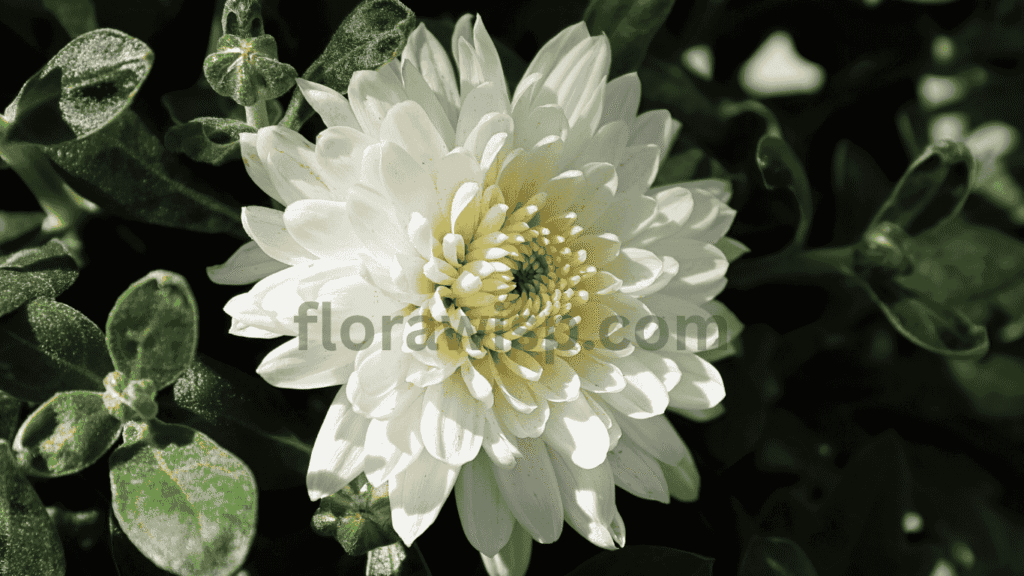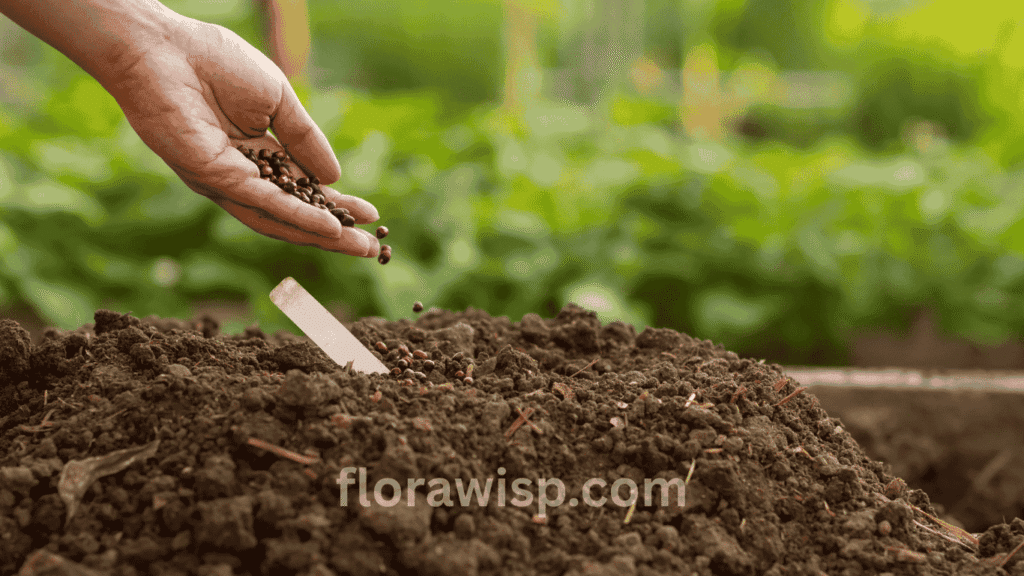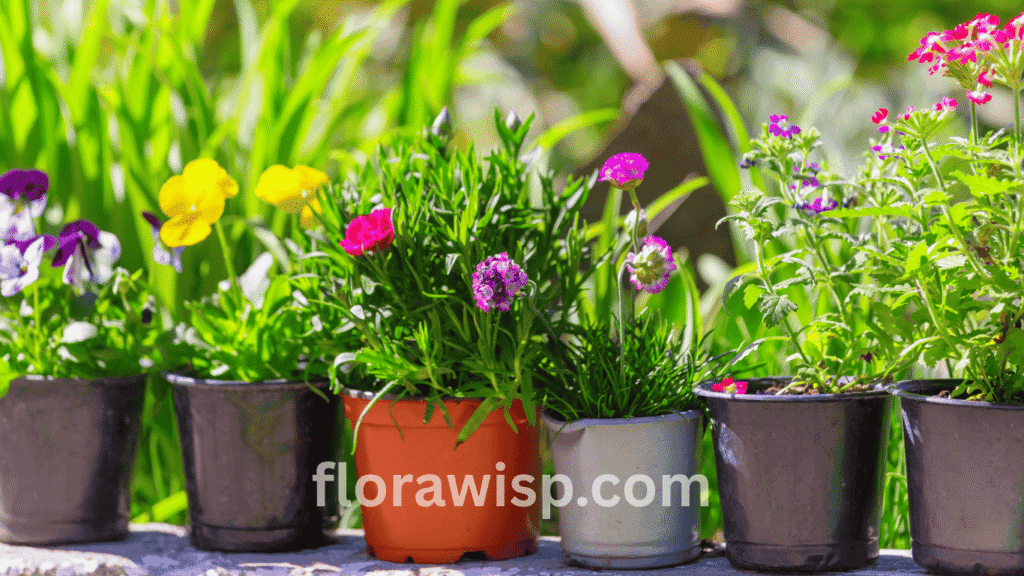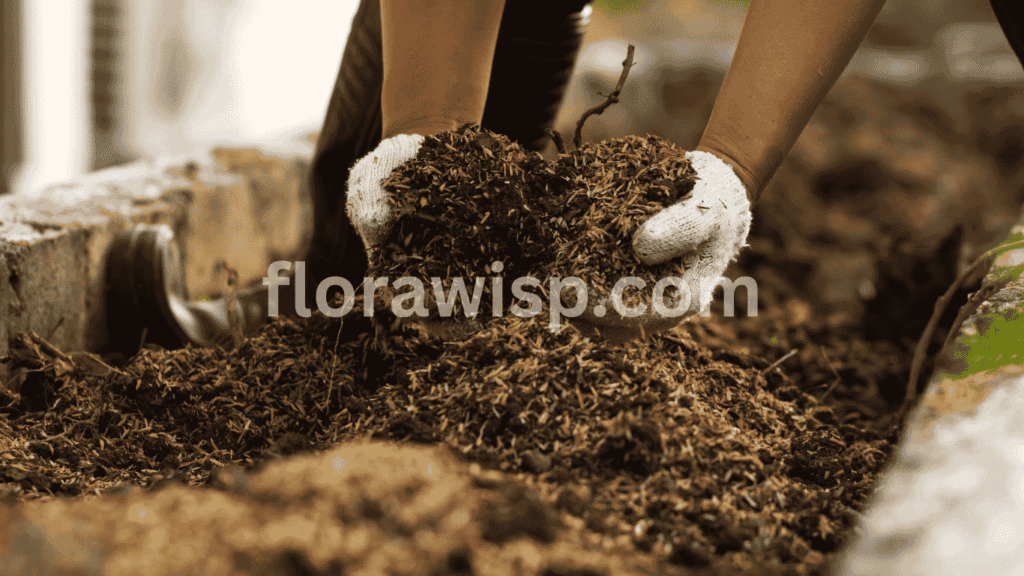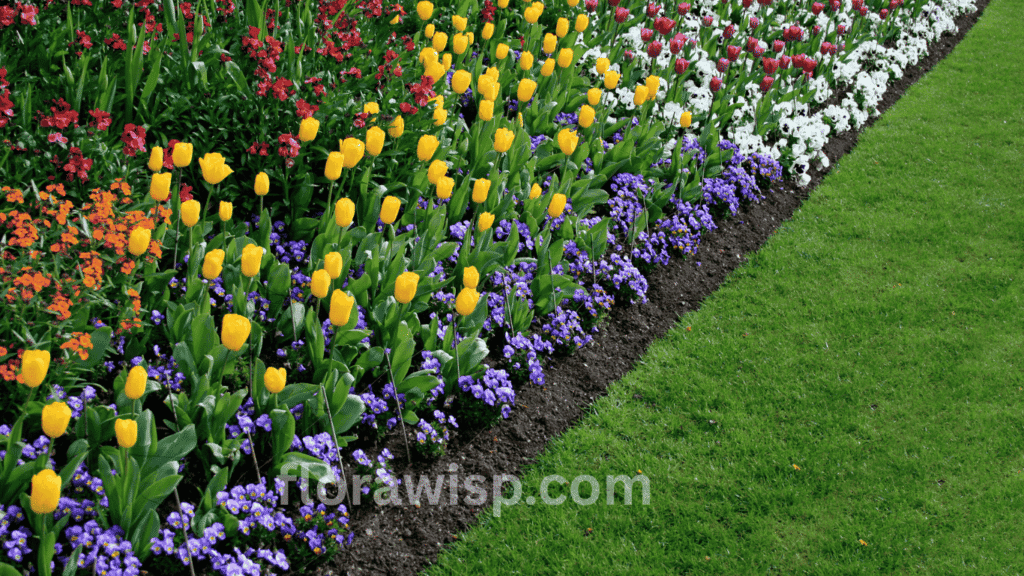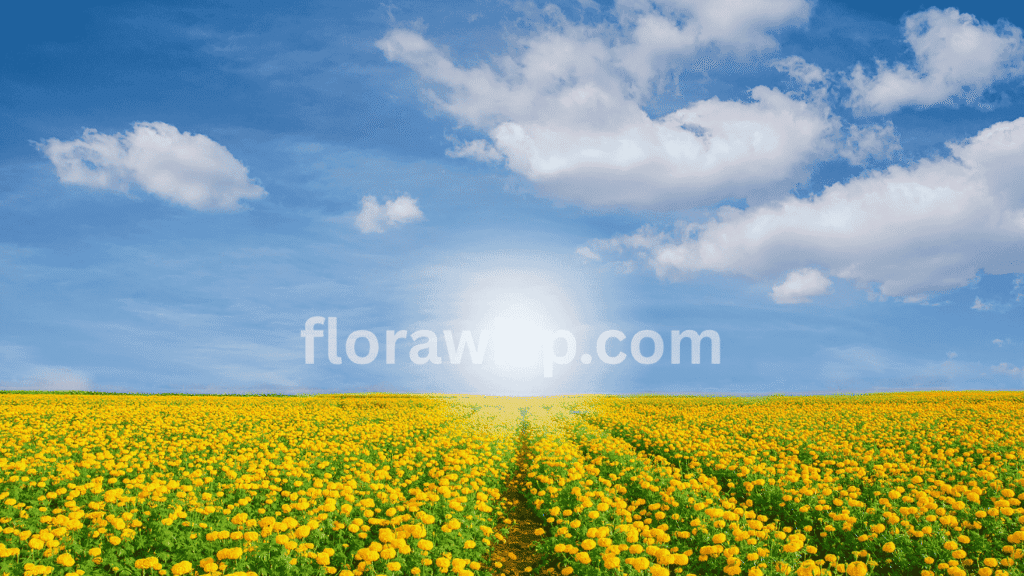Red dahlias are more than just flowers; they’re the heart of a summer garden, combining bold beauty with deep meaning. From velvety dark red dahlias like Red Velvet and the dramatic Babylon Red, to compact gems like the Red Button Dahlia or the artistic spirals of the Red Labyrinth, every variety brings something unique. Some varieties, such as red and white dahlias or red and yellow dahlias, light up borders with striking contrasts, while rarer choices like Dahlia Red Fox add fiery, one-of-a-kind tones.
As a gardener, I’ve grown dahlia flowers for cutting gardens, wedding arrangements, and even patio containers. Red dahlia bouquets, often paired with red roses or black dahlias, never fail to impress with their elegance and symbolism. Beyond beauty, red dahlia flowers represent passion, resilience, and strength qualities reflected in how they thrive from midsummer until frost with the right care.
In this guide, I’ll share the 10 most stunning varieties of red dahlias, their growing needs, and how to use them in both gardens and floral design, so you can enjoy their full brilliance season after season.
In This Article
Quick Reference: Red Dahlia Basics
| Feature | Details |
| Sunlight Needs Best Uses: | Full sun (6–8 hours daily) Wedding bouquets, garden borders, floral arrangements |
| Soil Preference | Loamy, well-drained, compost-rich |
| Watering | 1 inch per week (deep soak) |
| Bloom Season | Mid-summer to first frost |
| Popular Varieties Height Range: | Dahlia Red Velvet, Black & Red Dahlia 3–6 feet depending on the variety |
Red Dahlia Meaning: Symbolism & Significance
Gardeners don’t just plant dahlias for their beauty, they plant them for their meaning. Traditionally, red dahlia flowers symbolize strength, commitment, and passion. They’ve long been associated with enduring love, which makes them a natural choice for wedding bouquets.
A Personal Story
One of my favorite memories as a gardener was preparing a bridal bouquet made entirely of dahlias. The bride specifically requested red dahlias for their symbolism of deep, unwavering love. The result was breathtaking, and it reinforced just how much emotion these blooms can carry.
Beyond Symbolism
In the garden, red dahlias live up to their reputation. They stand tall in hot summers, push through windy days, and continue flowering right up until frost. Their resilience reflects their symbolism: confidence, dignity, and unwavering strength.
Dark Red Dahlias: The Garden’s Showstopper
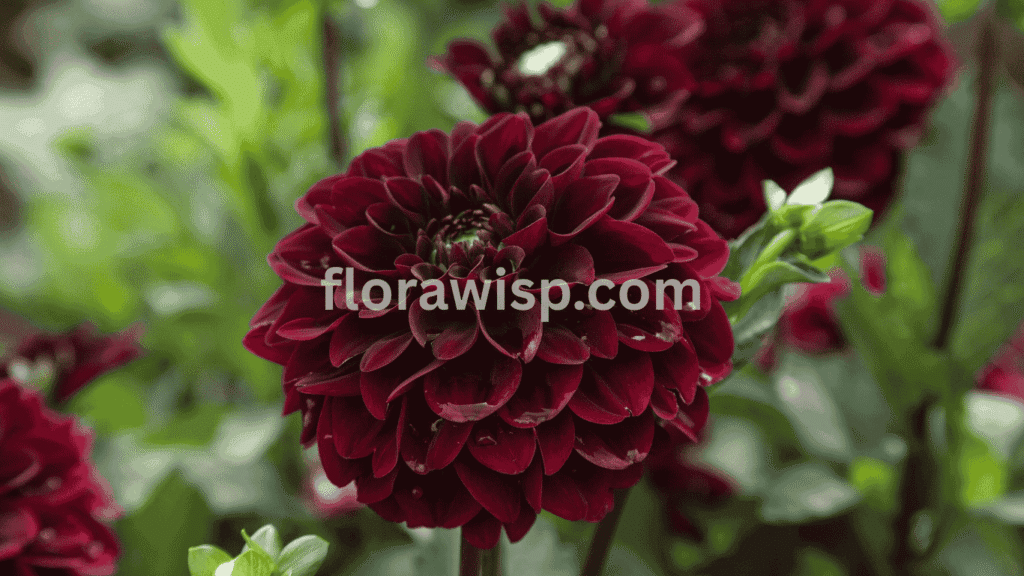
When gardeners ask me which dahlia variety leaves the strongest impression, I always point to dark red dahlias. Their velvety tones bring richness and depth to the garden, especially when planted against lighter flowers. One of my personal favorites is the Dahlia Red Velvet, which looks as lush as its name suggests. Another unforgettable beauty is the black and red dahlia flower, which takes on an almost glowing quality in the evening light.
My Growing Experience with Dark Red Dahlias
Red dahlias are happiest in full sun with well-drained, fertile soil. In my garden trials, plants grown in loamy soil enriched with composted manure produced nearly 20% more blooms compared to those set in heavy clay. I water deeply once a week about an inch total and mulch around the base to lock in moisture. The trick is balance: too much water risks rotting the tubers, while too little reduces flower size.
Placement & Companions in the Garden
I like to place dark red dahlias at the back of mixed borders, where their bold color adds drama and height. They shine even brighter when paired with golden rudbeckias or creamy white cosmos. Visitors to my garden often stop in their tracks when these blooms are at their peak, proof of the impact they create.
Quick Reference: Dark Red Dahlia Basics
Sunlight Needs: Full sun, about 6–8 hours daily
Soil Preference: Loamy, well-drained soil enriched with compost
Watering: Around 1 inch per week with deep soaking
Bloom Season: From mid-summer until the first frost
Popular Varieties: Dahlia Red Velvet, Black & Red Dahlia
Red & White Dahlias: Bold Contrast in Bloom
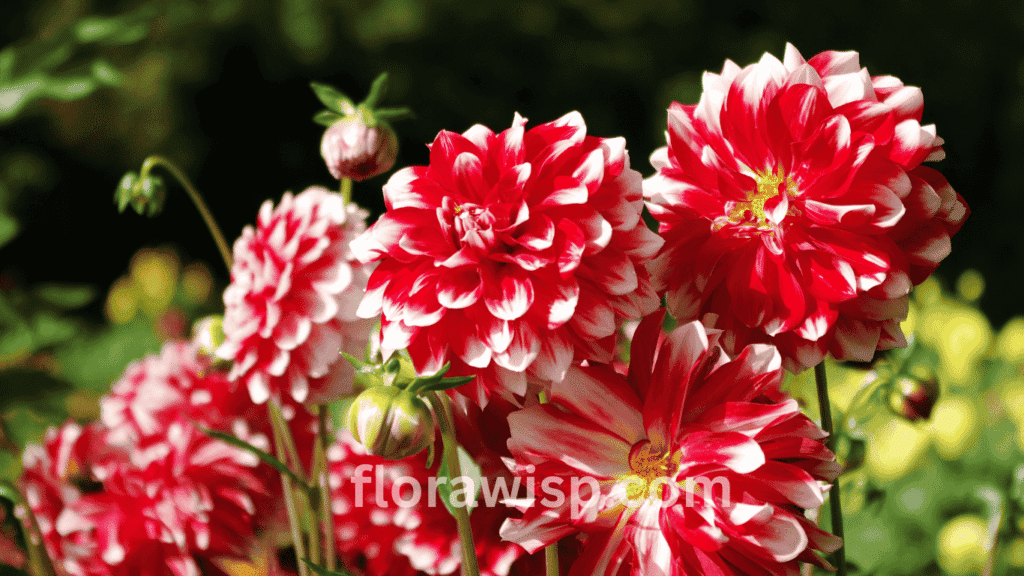
The first time I planted a red & white dahlia, I was reminded of a candy cane glowing in the summer sun. The crisp contrast of its petals creates an almost firework-like effect in the garden. Among all the red dahlia flowers I grow, the bicolor varieties always draw the most admiration from neighbors and guests.
How I Grow Red & White Dahlias
Like most red dahlias, these thrive in 6–8 hours of direct sunlight and rich soil mixed with organic compost. I’ve learned that weekly deadheading makes a big difference, pushing the plants to produce flowers well into fall. In one particularly productive season, my plants yielded nearly 50 blooms each enough for both bouquets and garden display.
Designing with Red & White Dahlias
In arrangements, I find these bicolor dahlias pair beautifully with solid whites, soft pinks, or pale yellows. The strong red stripes are softened by these companions, giving balance while still keeping the dramatic flair. In garden beds, I like to interplant them with soft foliage plants like dusty miller or lamb’s ear to highlight their vivid coloring.
Dahlia Babylon Red
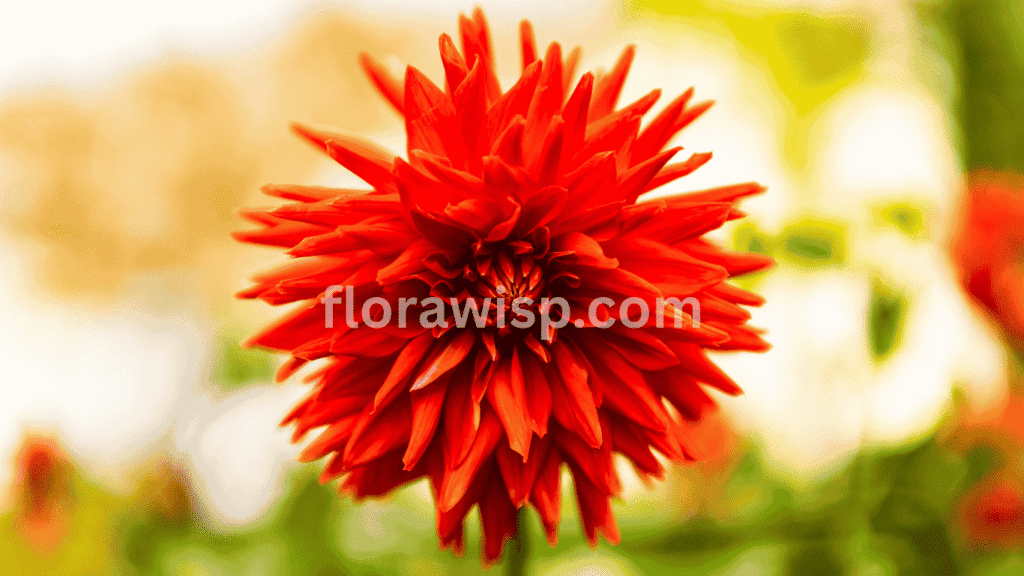
Few red dahlias make a bigger statement than the Dahlia Babylon Red. With blooms stretching up to 10–12 inches across, these flowers resemble living fireworks. I’ve been growing them in the heart of my cutting garden for years, and they never fail to draw gasps from visitors. Their bold presence makes them ideal as a centerpiece in beds or exhibition gardens.
Growing Tips from My Experience
Because of their enormous size, Babylon Reds demand strong support. I’ve learned the hard way one storm flattened an entire row because I waited too long to stake. Now, I place sturdy stakes when plants reach 12 inches tall, tying loosely with soft garden twine as they grow. They thrive in well-drained, compost-rich soil and prefer at least 6–8 hours of full sun. Pruning side shoots and consistent deadheading help channel energy into those massive blooms.
Performance and Vase Life
In a good season, I’ve harvested 30–40 blooms per plant, each lasting nearly a week in a vase with fresh water changes. Their petals hold color beautifully, making them a florist’s favorite for large arrangements. If you want a showstopper among your red dahlias, this variety delivers unmatched drama.
Variety Snapshot: Dahlia Babylon Red
Bloom Size: 10–12 inches wide
Plant Height: 4–5 feet
Sun Requirements: Full sun (6–8 hrs)
Soil Preference: Rich, well-drained, compost-enhanced
Bloom Season: Mid-summer through frost
Best Use: Exhibition gardens, cutting gardens, vases
Red Labyrinth Dahlia: Spirals of Intrigue
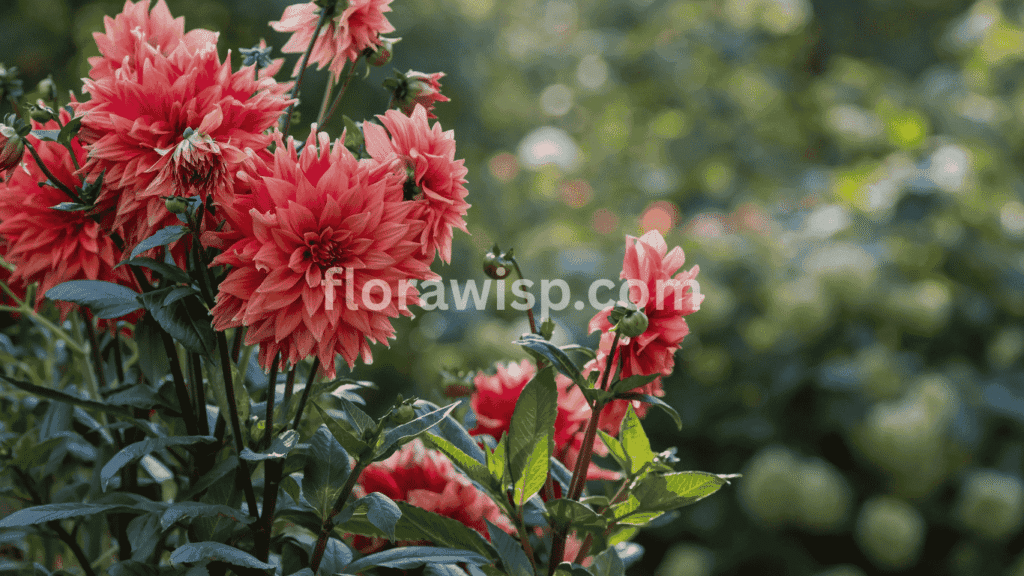
Among all the red dahlia flowers I’ve grown, none have captured more attention than the Red Labyrinth Dahlia. Its petals twist and curl in intricate spirals, giving the bloom an almost sculpted look.
Patience Pays Off
In my garden, the Red Labyrinth takes a bit longer to produce its first blooms, usually mid-July but once it starts, the show continues until the first frost. I remember my first season with this variety: one plant produced dozens of spiraled blooms that filled both garden beds and vases right up to October. They’re particularly valuable in floral design because their unusual shape adds texture and movement.
Growing Conditions That Work Best
From my experience, this variety thrives in raised beds or borders with excellent drainage. I always mulch around the base with shredded leaves to conserve moisture and suppress weeds, especially during hot summers. Regular feeding with a balanced, low-nitrogen fertilizer keeps the flowers coming without pushing too much leafy growth.
Variety Snapshot: Red Labyrinth Dahlia
Bloom Size: 6–8 inches wide
Plant Height: 3–4 feet
Sun Requirements: Full sun (6–8 hrs)
Soil Preference: Loose, well-drained, organic-rich soil
Bloom Season: Mid-July until frost
Best Use: Garden beds, floral arrangements, bouquets
Red Button Dahlias: Perfect Miniature Gems
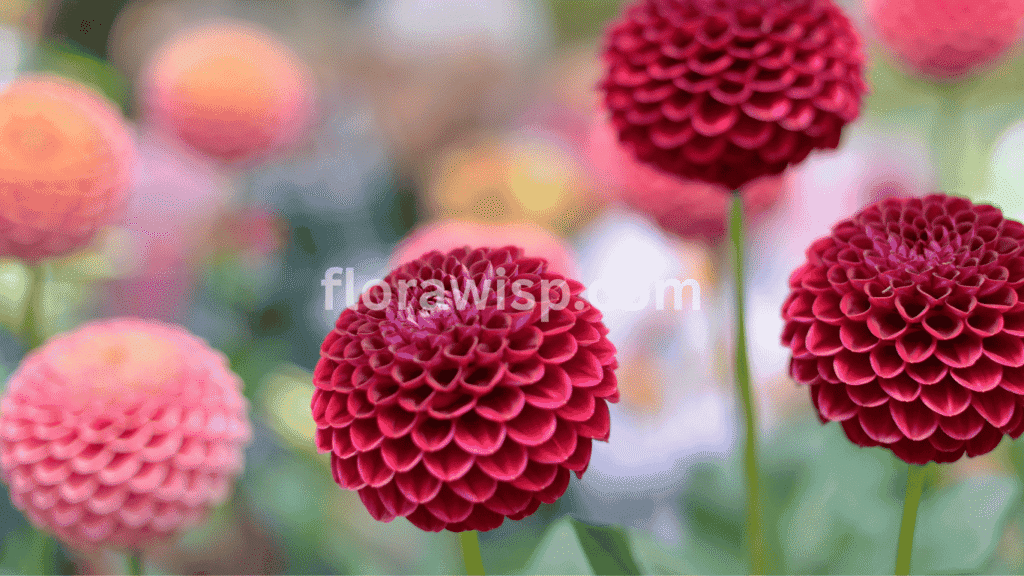
Not all red dahlias need towering stems to make an impact. Red Button Dahlias prove that beauty comes in small packages. Their compact, rounded form and tidy growth habit make them a delight for gardeners who want vibrant color without taking up much space. I’ve planted them along the edge of my garden paths, and their petite blooms greet visitors like cheerful little jewels.
Growing Red Button Dahlias in Small Spaces
In my experience, these miniature dahlias are wonderfully versatile. They thrive equally well in garden beds and patio containers, bringing long-lasting color through summer and into fall. Even with minimal maintenance, their flowering season extends right up until the first frost. I often recommend them to beginner gardeners because they’re resilient and easy to manage, while still offering the full charm of larger dahlia varieties.
Planting Tips for Maximum Impact
To create a showy display, I like to plant Red Button Dahlias in groups of three to five. This clustering intensifies the color, producing a full, intentional look that turns even a small patch of soil into a vibrant focal point. Each plant stays around 18–24 inches tall, so they’re perfect for edging pathways, brightening small spaces, or adding color to container gardens. If you’re starting fresh, growing them from healthy dahlia tubers ensures the strongest blooms.
Variety Snapshot: Red Button Dahlia
Bloom Size: Small, round, button-like blossoms
Plant Height: 18–24 inches
Sun Requirements: Full sun (6–8 hours)
Soil Preference: Fertile, well-drained soil with added compost
Bloom Season: Summer through frost
Best Use: Borders, pathways, containers, beginner gardens
Plant them in groups of three to five for the best effect. The clustered display creates a fuller look and turns even the smallest garden space into a glowing patch of red dahlias.
Red Runner Dahlia: A Florist’s Favorite
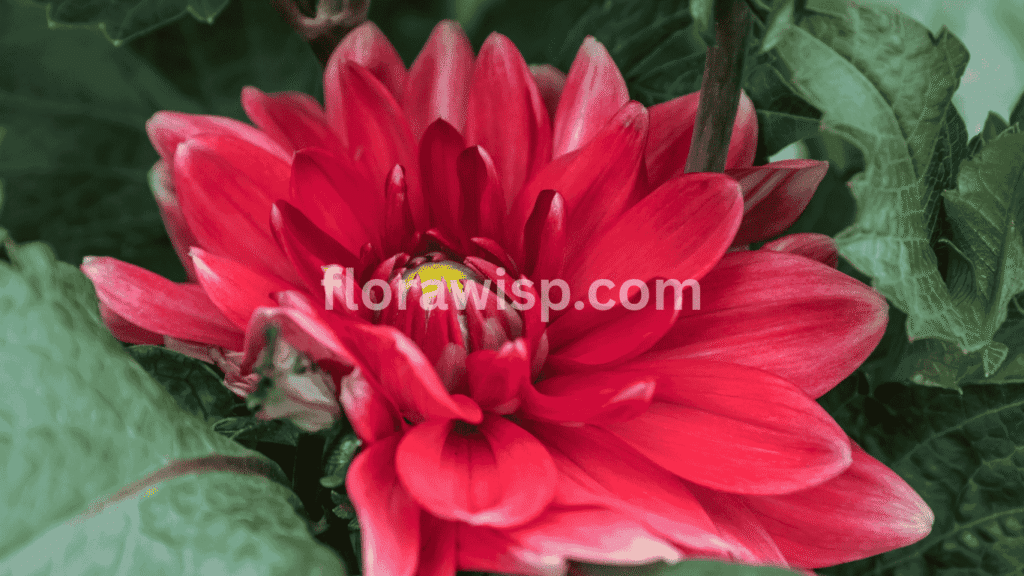
When it comes to red dahlias that shine in bouquets, few varieties are as loved as the Red Runner Dahlia. With glowing crimson petals and strong, straight stems, they’ve become a florist’s staple for both weddings and everyday arrangements. I’ve grown them for years in my cut-flower beds, and they never fail to deliver both beauty and productivity.
My Harvesting Experience
One of the best ways to get the longest vase life is to harvest Red Runner Dahlias early in the morning when the blooms are just starting to open. I’ve followed this practice season after season, and it consistently gives me flowers that last nearly a week indoors. Their stems are sturdy enough to handle arranging, and the plants continue to produce new blooms even after frequent cutting. In fact, one summer I supplied over 150 stems from just six plants to a local wedding a testament to their incredible productivity.
Perfect Pairings for Bouquets
In arrangements, Red Runner Dahlias pair beautifully with foliage like eucalyptus or classic blooms like white roses. The crimson tones stand out while blending harmoniously with softer greens and pastels. Whether in a dramatic bouquet or a simple vase on the kitchen table, they bring elegance and warmth to any setting.
Variety Snapshot: Red Runner Dahlia
Bloom Size: Medium to large, open crimson flowers
Plant Height: 3–4 feet
Sun Requirements: Full sun (6–8 hours)
Soil Preference: Rich, well-drained soil with organic matter
Bloom Season: Mid-summer to frost
Best Use: Bouquets, weddings, florist arrangements, cutting gardens
If you’re dreaming of filling vases with vibrant red dahlias, this variety is one of the most rewarding you can grow.
Red Fox Dahlia: A Rare & Striking Choice
When I first planted Dahlia Red Fox, I knew I had stumbled onto something special. Unlike common varieties of red dahlias, this one burns with fiery tones that seem brushed with autumn sunlight. Its petals sit somewhere between scarlet and burnt orange, creating a color that can’t be mistaken for anything else in the garden.
My Growing Experience
The hardest part of cultivating this variety isn’t the care, it’s finding healthy tubers. A few years back, I ordered mine from a small grower in Oregon, and once established, the red dahlia flowers lit up my garden beds. Though the stems are fairly strong, I learned to give them light staking, especially once the blooms started weighing them down after midsummer.
Variety Snapshot:
Bloom Size: Medium to large, 5–7 inches
Plant Height: About 3–4 feet
Sun Needs: Full sun with at least 6 hours of direct light
Soil Preference: Fertile, well-drained, slightly loamy soil
Bloom Season: Mid-summer to first frost
Best Use: Focal points in borders, collector’s gardens, and unique bouquets
If you’re seeking red dahlias that look different from the usual varieties, Dahlia Red Fox is worth the effort to track down.
Red Dahlia Bouquets
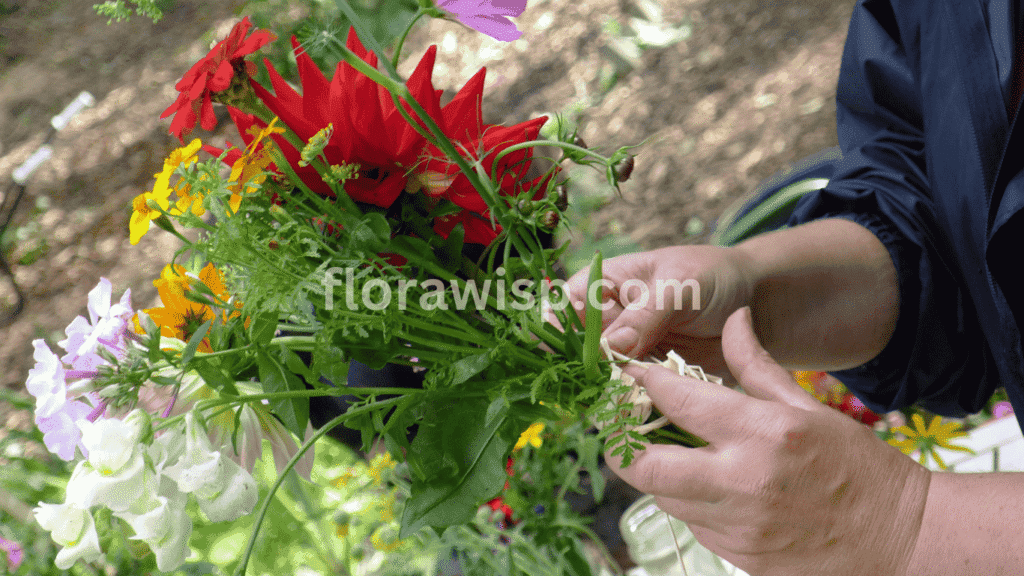
I’ve learned that red dahlias are not just garden stars, they’re showstoppers in arrangements too. A red dahlia bouquet carries boldness, romance, and a touch of sophistication. Whenever I’ve paired them with red roses and black dahlias, the result has been breathtaking: a mix that feels both romantic and mysteriously elegant.
My Bouquet-Crafting Tips
When harvesting, I always cut the blooms early in the morning and place them in cool water right away. This simple step extends vase life by several days. For even longer freshness, I’ve had success adding a teaspoon of sugar and a drop of bleach to the vase water. It keeps the stems healthy and the blooms vibrant for nearly a week.
Designing with Balance & Beauty
A red dahlia flower bouquet works beautifully on its own, but adding greenery makes the arrangement even more striking. I often use ferns, eucalyptus, or dusty miller to soften the bold red tones, creating a balanced, elegant look. Whether it’s for a wedding, birthday, or a thoughtful gift, red dahlia bouquets never fail to leave a lasting impression.
Red & Yellow Dahlias
If you’ve ever grown red and yellow dahlias, you’ll know they bring unmatched energy to the garden. Their fiery petals remind me of summer sunsets: warm, bright, and full of joy. These blooms aren’t just eye-catching for us; they’re pollinator magnets. I’ve often found bees and butterflies clustered around them, keeping my garden buzzing with life.
Growing and Garden Placement
I usually plant my red and yellow dahlias in the middle of my beds where they can shine as natural focal points. They also blend beautifully in cottage-style plantings alongside zinnias, cosmos, and sunflowers. Their cheerful tones add a burst of color that ties the whole garden together.
Reliability You Can Count On
One of the reasons I value these red dahlia flowers so much is their consistency. Last summer, my plants produced blooms for nearly three straight months, providing not only color for the garden but also endless stems for cut arrangements indoors. With proper care, full sun, regular feeding, and deadheading they reward gardeners generously.
Conclusion
Every red dahlia tells a tale of passion and artistry. The dramatic Babylon Red, the neat and compact Button Dahlia, or the vibrant Red and White each variety has its own way of turning an ordinary garden into a masterpiece.
My advice is simple: experiment with different types, cut them generously for bouquets, and enjoy the way they light up both your garden and your life. Red dahlias never disappoint; they always deliver beauty, meaning, and joy.
FAQs
Q1: What month do you plant red dahlias?
You should plant red dahlias in late spring, after the danger of frost has passed. In most U.S. zones, this means May or early June. I usually wait until soil temperatures reach 60°F because cool soil slows growth. Planting too early risks tuber rot, so patience always pays off.
Q2: How long do red dahlia flowers bloom?
Red dahlia flowers bloom from midsummer until the first frost. In my garden, I typically enjoy 90–100 days of blooms per season. Deadheading regularly extends flowering, and feeding with a low-nitrogen fertilizer boosts flower production. A well-cared-for plant can produce dozens of blooms.
Q3: Do red dahlia plants grow back every year?
In warmer climates (Zones 8–11), red dahlia plants can survive year-round. But in colder zones, tubers must be dug up and stored indoors through winter. I’ve successfully overwintered tubers in sawdust boxes at 40–50°F, replanting them each spring for reliable regrowth.
Q4: How do you keep red dahlias blooming longer?
To keep red dahlias blooming longer, deadheads spend flowers weekly and feed with balanced fertilizer. I also water deeply once a week and shallow watering stresses plants. In my trials, consistent care extended blooming by nearly four weeks compared to neglected plants.
Q5: What is the difference between red dahlias & red roses?
Red dahlias symbolize resilience, dignity, and passion, while red roses traditionally symbolize love and romance. I’ve often used both in wedding arrangements the dahlias for strength and endurance, the roses for romance. Together, they tell a fuller story of commitment.
References
Gardeners’ Almanac: How to Plant, Grow, and Care for Dahlia Flowers
BBC Gardeners’ World: Plant, Grow and Care for Dahlias
Midwest Living: Everything to Know About Growing Dahlias
Gardener, M.Sc. Horticulture
Elara Bennet is a gardening writer from Austin, TX, passionate about sustainable lawns and blooms. Read full bio →

